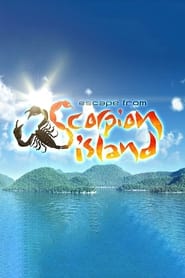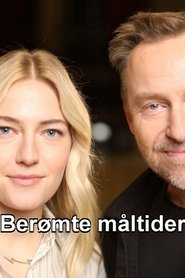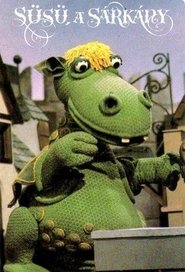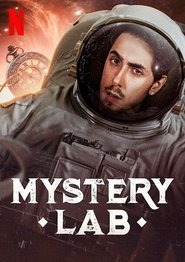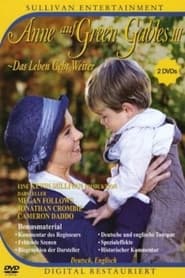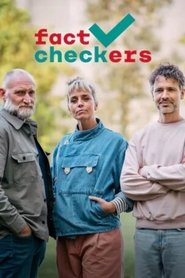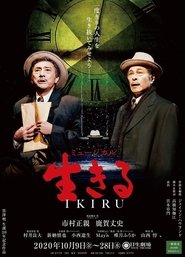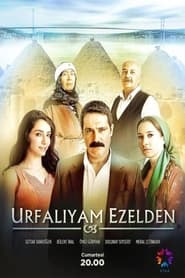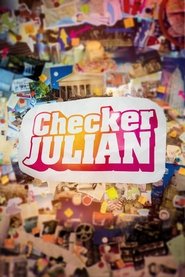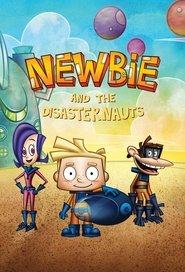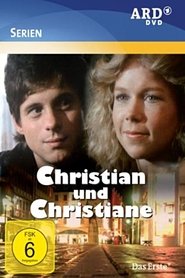Family TV Series - Page 298
-
Escape from Scorpion Island
2007
star 6Escape from Scorpion Island is a BAFTA-nominated BBC children's TV adventure game show in which contestants try to 'escape from an exotic island with a mind of its own' by doing various challenges to improve their chances of escaping. Series 1 was made by RDF Television for CBBC. Series 2 onwards were produced by Foundation/Freehand for CBBC and ABC Television in Australia. Its fifth series was broadcast in 2011. A sixth series was confirmed and due to air in late 2013. Each series contains a different number of contestants who work in set teams to try to escape the sentient island. The contestants are children who are 11–14 years old. Each series introduces a different number of contestants, new challenges and different storylines. -
Berømte måltider
2022
Berømte måltider
2022
-
Süsü, a sárkány
1977
-
Misguided Angels
1999
Misguided Angels
1999
Angels are all watching out for us, right? Well, not quite, at least not where Corky (Kevin P. Farley) and Kenneth (David Lipper) are concerned. These two angels are sent back to Earth in order to re-earn their wings by helping the helpless. -
Isas Stepz
2008
Isas Stepz
2008
-
Mystery Lab
2020
Mystery Lab
2020
star 7.1Host Felipe Castanhari explores science, history, mysteries and marvels, uncovering mind-blowing facts with help from his lab buddies. -
宝贝老公娇娇妻
1993
宝贝老公娇娇妻
1993
-
Altunin Makes a Decision
1979
star 8A film novel about a production manager who used to be a worker at a machine-building plant's forge. -
Factcheckers
2019
Factcheckers
2019
star 6In times of fast news, clickbait and social media, what is still true and what not? Britt, Jan and Thomas figure it out for you. -
Little Cupid
2024
Little Cupid
2024
-
生きる
2020
生きる
2020
-
Urfalıyam Ezelden
2014
-
Checker Julian
2018
Checker Julian
2018
-
Tezo
2015
Tezo
2015
-
Gordon the Garden Gnome
2006
Gordon the Garden Gnome is a British animated children's television series aimed at getting children interested in gardening. The series premiered on CBeebies in 2005. Gordon is a cartoon garden gnome, whose voice is provided by Alan Titchmarsh. The series also aired in the United States on Cartoon Network's Tickle-U television programming block. -
Labarina
0000
Labarina
0000
summaya a young poor girl falls in love with mahmoud a guy who live an average man,as their relationship develop they both start their love journey not long summaya started school presdo a son of a wealthy man saw her and falls in love with her.
